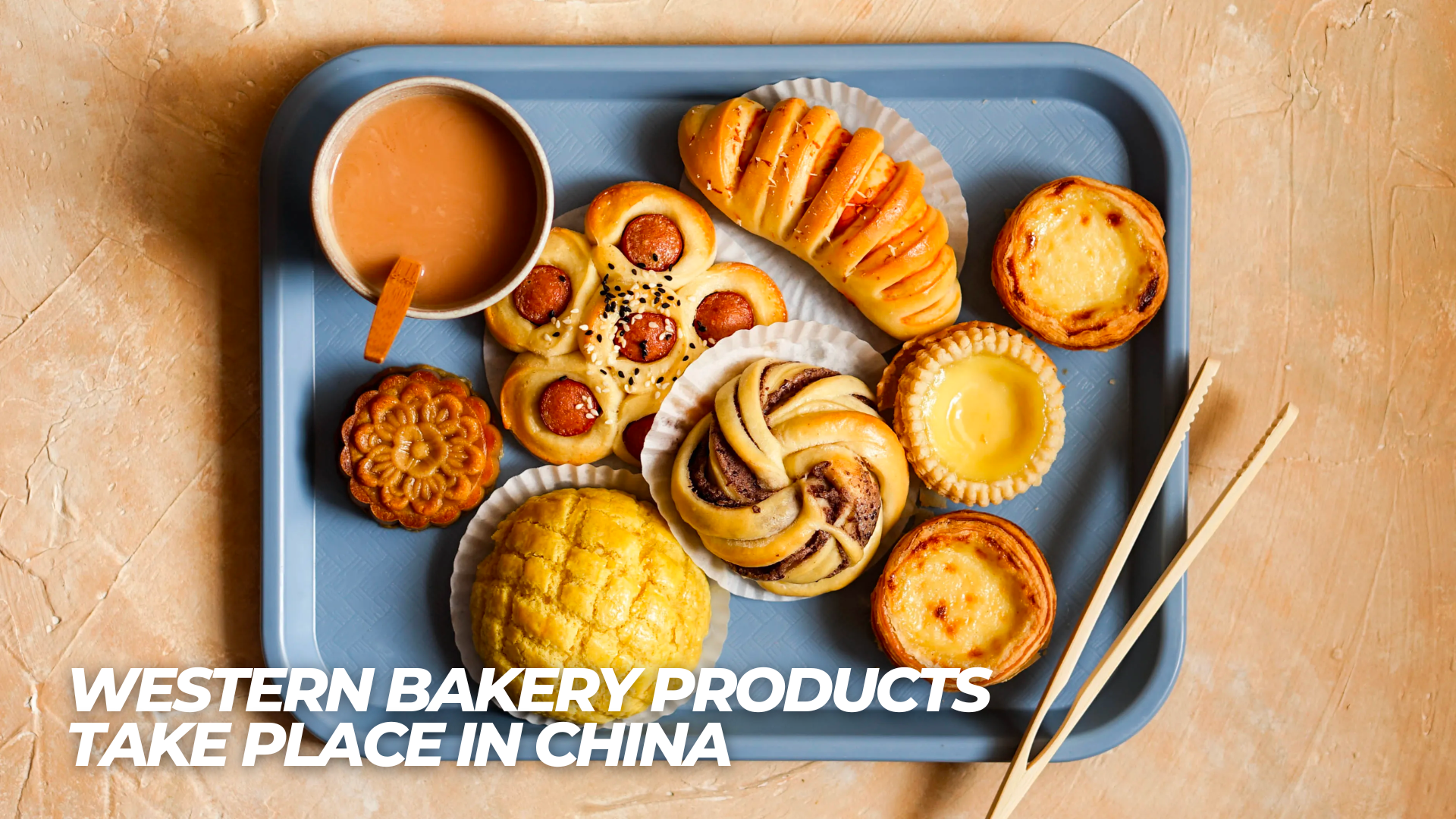Western bakery products have been gaining popularity in China over the past few years. With the rise of globalization and a growing interest in foreign cultures, Chinese consumers have become increasingly curious about Western-style baked goods. From classic French pastries to American-style cakes and cookies, there is a wide range of delicious treats to choose from.
As a result, many Western bakeries have opened up shops in China, offering locals a taste of the West right in their own country.
Need a cost effective TP (Tmall Partner) to sell in China?
We are an Official Tmall Partner e-commerce Agency. Our Services: E-Commerce, Search Engine Optimization, Advertising, Weibo, WeChat, WeChat Store & PR.
In this context, it is interesting to explore the reasons behind the success of Western bakery products in China and the impact they have on the country’s culinary landscape. Continue in this article to have more information about the bakery market in China, or click right here to see our services.
Overview of the Bakery Market in China
China’s bakery sector is rapidly expanding due to the country’s growing middle class, westernization of lifestyles and diets, and demand for convenient food options. The retail sales of baked goods in China were estimated at $34 billion in 2020, making it the second-largest baked goods retail market after the United States.
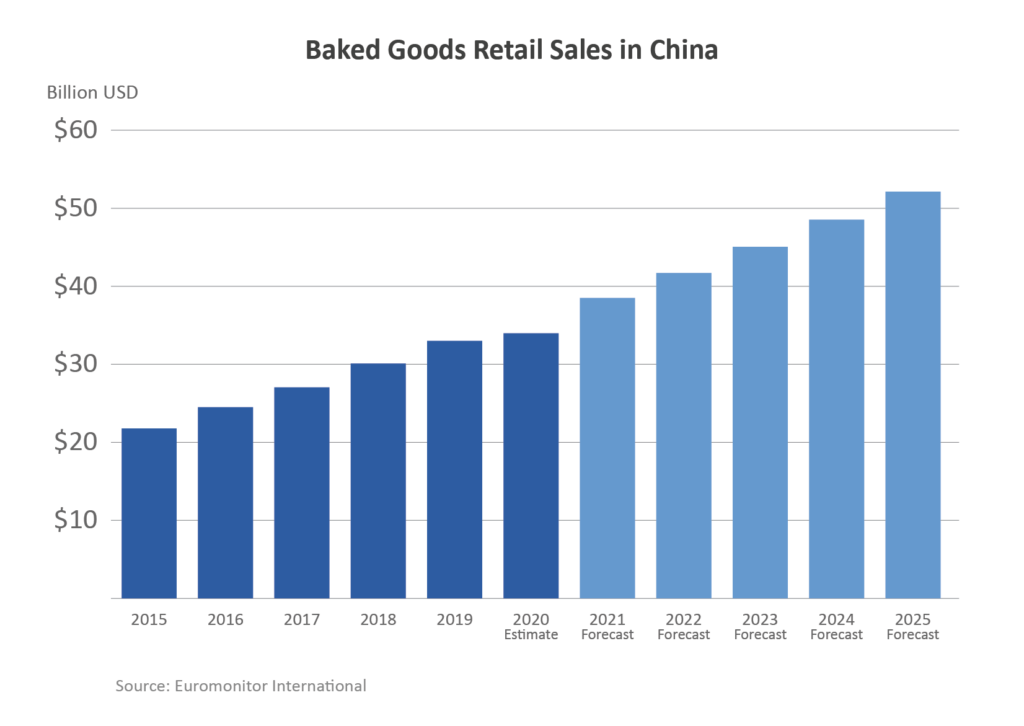
Despite this, China’s per capita consumption of baked products is relatively low at 7.2 kg per year compared to Japan and the United States.
Euromonitor International forecasts that retail sales of baked goods in China will grow to $53 billion by 2025, a 53% jump from current levels.
Western-style bakeries are becoming popular in China

For many people, breakfast is one of the most important moments of the day, same for Chinese people. Unlike cakes and desserts, bread is just what young people need for breakfast, and more and more Chinese families are accustomed to eating Western-style breakfasts such as bread and milk.
In fact, with the changes in social life, people became attracted to Western food to experience different tastes.
Coffee, beverage, and high-end food continue to expand in the Chinese market. People are mostly seeking a better standard of living and so they turn more and more to good quality products. As a result, these industries are growing with the development of China.
We can observe that many bakeries opened in a short time. Products with the label “French style” attract a lot of consumers who associate them with healthier products. Western bakeries are particularly notorious for their know-how and expertise in this industry in China.
Chinese Consumers’ Profile and Needs
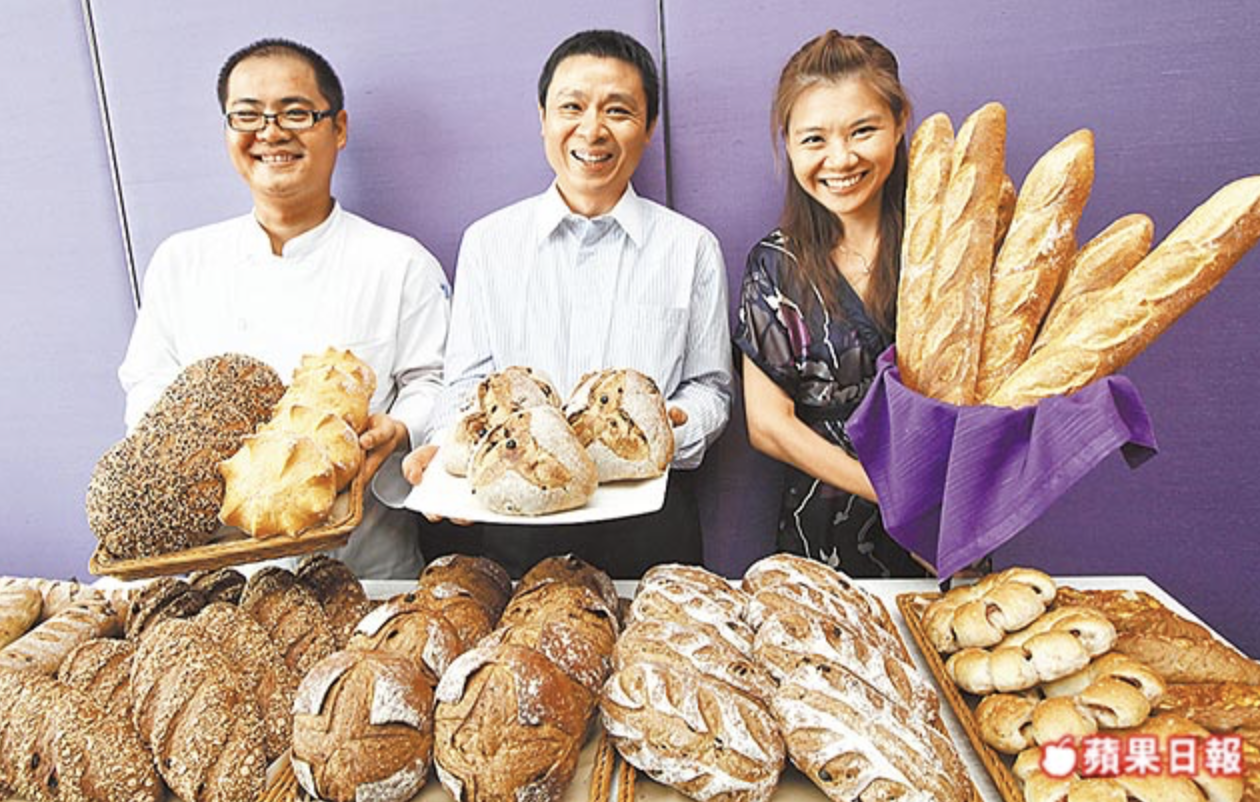
Post-80th and post-90th generations became the main consumers in the Western bakery and cereals market. They are increasingly demanding personalized food and beverage, with strong character. New types of tea, private kitchens, fancy bread or etc. are privileged.
They are also very active on social networks. They like to discover new things and share them. As a result, a lot of stores in China became hot in this way and market trends are being formed online.
Through putting creativity and brand personality, it can rapidly make a difference from domestic products. Also, the environment and the branding are important features to cut through customers’ vision in China, as appearance plays a major function in China.
Brands that are pursuing the concept of individuality and freedom could easier implant in the mind of consumers.
However, there is a high elimination rate in the tea market, which should also be considered by the bakery market. One of the main reasons is that the management of the store can’t keep up with the rising speed of the brand and the market demand.
This directly affects the service and the consumer’s experience. Brands should also pay attention to the operation of the store, as consumers become influential.
Why western bakeries are successful in China?
Western bakeries have been successful in China for several reasons. First, Chinese consumers have become increasingly interested in Western-style baked goods, such as bread, cakes, and pastries, as a result of globalization and the influence of Western culture.
Second, many Western bakeries have adapted their products to suit Chinese tastes by incorporating local flavors and ingredients, such as red bean paste and green tea.
Third, Western bakeries have invested heavily in marketing and branding to appeal to Chinese consumers, often positioning themselves as premium or luxury brands.

Finally, the growth of e-commerce and delivery services in China has made it easier for Western bakeries to reach a wider audience and expand their customer base.
How to Sell Bakery Goods in China?
Selling bakery goods in China can be a lucrative business venture given the country’s growing appetite for Western-style baked products. Here’s a strategy for entering and succeeding in the Chinese bakery market:
Comprehensive Market Research and Product Localization
Conduct in-depth research to understand the tastes, preferences, and buying behavior of Chinese consumers. While there’s a growing demand for Western-style baked goods, Chinese consumers typically prefer items that are less sweet than their Western counterparts.
Bakery items that incorporate health-conscious elements and local flavors also have a significant appeal. Surveys, focus groups, or hiring local market research firms could provide useful insights.
Chinese consumers also appreciate fusion foods that blend Western styles with local flavors. Try experimenting with local ingredients like matcha, red bean, and taro. Also, consider offering traditional Chinese pastries alongside your Western-style goods to appeal to a broader range of consumers.
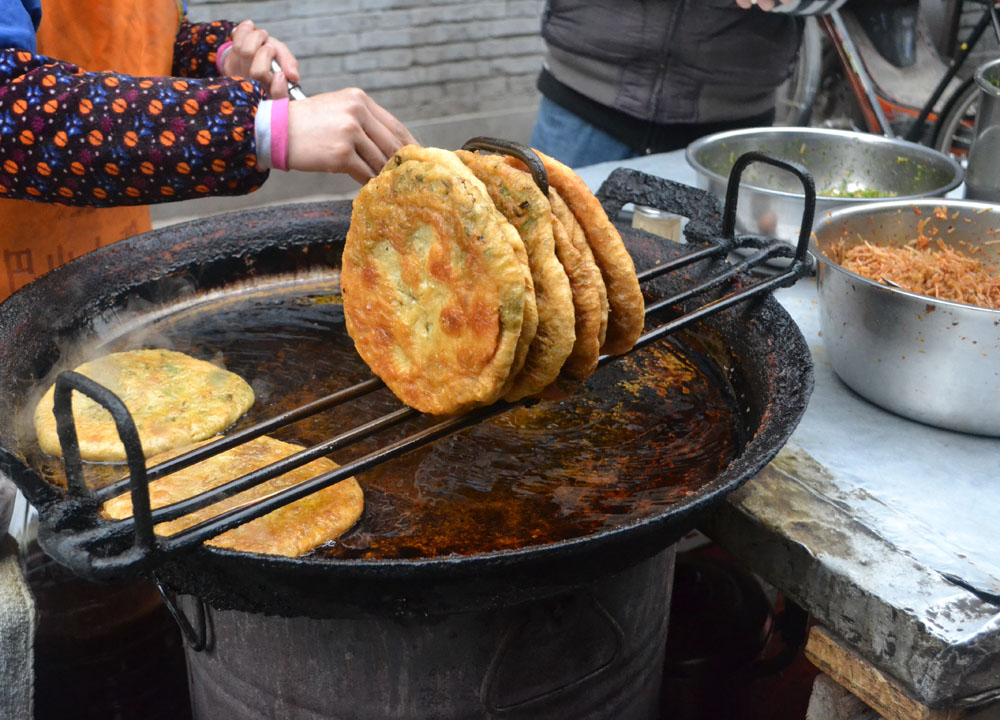
Brand Building and Positioning
Effective brand positioning can play a pivotal role in the success of your bakery business in China. You could emphasize the quality, freshness, health benefits, or uniqueness of your baked goods. Additionally, a well-articulated brand story resonating with Chinese culture and values can help form a strong emotional connection with the consumers and build brand loyalty.
E-commerce Platforms Also Participate in the Bakery Industry’s Growth
Online shopping has gradually become a trend for Chinese people to purchase home supplies and also food.
The simplicity and convenience offered by e-commerce’s features save consumers from a lot of trouble. For new brands, developing online can be beneficial for at least 3 reasons:
- Instead of opening directly a store in China, the investment price is much lower to launch the store online.
- E-commerce platforms can help new brands to be visible among users, through events or sales and other strategies.
- Starting online can help the brand to try the market first and then decide according to customers’ feedbacks.

Be Present on Chinese Social Media Platforms
Western bakeries have a significant presence on Chinese social media platforms such as WeChat and Weibo.
Some popular Western bakeries in China include BreadTalk, Paris Baguette, and Le Pain Quotidien. These bakeries have official accounts on WeChat and Weibo where they share updates about their products, promotions, and events.
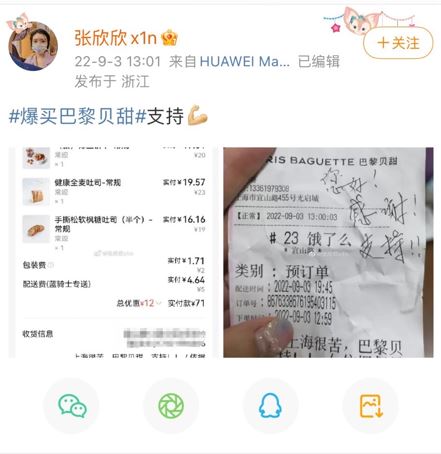
They also engage with their followers by responding to comments and messages. Additionally, some bakeries partner with popular Chinese influencers to promote their products and reach a wider audience.
Collaborations with KOLs (Key Opinion Leaders)
In recent years, some bakeries in China have started partnering with popular Chinese influencers, also known as Key Opinion Leaders (KOLs), to promote their products and reach a wider audience. These influencers have a large following on social media platforms like WeChat, Weibo, and Douyin ( Chinese version of TikTok).
The partnership usually involves the bakery providing free products to the influencer, who then creates content featuring the bakery’s products on their social media channels. This content can take the form of photos, videos, or live-streaming sessions where the influencer talks about the bakery’s products and encourages their followers to try them.
By partnering with influencers, bakeries can tap into their large and engaged audience, which can help them reach new customers and increase sales. Influencers, on the other hand, benefit from the free products and potential sponsorships from the bakery.
Overall, this trend has become increasingly popular in China’s competitive bakery market, where businesses are looking for new and innovative ways to stand out and attract customers.
Participate in Offline Events Like China International Bakery Exhibition

Bakery China is held each year at Shanghai New International Expo Center, co-sponsored by China Bakery and Confectionery Industry Association and Beijing Beikerui (贝克瑞) exhibition Service Co. With a display area of 200,000 square meters and more than 12 000 booths, it was granted the title of “China International”.
Founded in 1997, Bakery China has successfully become a professional trade and exhibition platform that serves the whole bakery industry all over the world for 26 years of development.
More than 2,100 exhibitors from nearly 30 countries and regions will participate in the exhibition this year.
The tremendous vitality of the Chinese bakery market has inspired domestic companies to grow and expand their businesses. At the same time, they have also attracted outstanding brands from all countries and regions around the world.
Exhibitors participate to provide an international platform for on-site learning, communication, and purchase. It continues to explore new ideas to better assist the development of this industry in China and over the world.
Bakery China will continue to exert its influence, join hands with more international governments and industry associations, and seek more high-quality buyers to achieve more effective business matching.
Western Bakery in China Case Study
BreadTalk is a bakery chain based in Singapore that specializes in a wide variety of breads and pastries. They offer a range of products, including artisan breads, cakes, buns, and sandwiches, as well as coffee and other beverages. BreadTalk has expanded globally and now has outlets in many countries, including China, Malaysia, Indonesia, and the Philippines.
In 2003, BreadTalk opened its first outlet in China, in Shanghai. At the time, the concept of a bakery chain that sold artisan bread and pastries was relatively new in China, where most people still bought their bread from street vendors or small local bakeries.
However, BreadTalk’s unique concept and high-quality products quickly gained popularity among Chinese consumers, and the company began to expand rapidly. Today, BreadTalk had over more than 900 outlets in 17 countries, and more than 200 of those outlets are located in China.
One of the key factors in BreadTalk’s success in China was its ability to adapt to local tastes and preferences. For example, the company introduced a range of Chinese-style pastries, such as mooncakes and pineapple buns, which proved to be very popular with Chinese consumers.

BreadTalk also invested heavily in marketing and branding, using social media and other digital channels to build brand awareness and engage with customers. The company’s distinctive branding, which features a bright red color scheme and a playful, whimsical logo, helped it to stand out in a crowded market.
Overall, BreadTalk’s success in China shows the importance of understanding local tastes and preferences, as well as investing in marketing and branding to build a strong presence in a new market.
The domestic baking ingredient market’s future trend
The domestic baking ingredients market is moving towards promoting health, safety, and nutritional balance. Consumers are paying more attention to a balanced diet and nutrition, leading to the use of functional ingredients to reduce the use of sucrose and lipids in baked goods.
This will result in a shift from high-sugar, high-fat, and high-calorie food to low-sugar, low-fat, and low-calorie products, prompting changes in raw material research and development for bakery products.
The demand for mid-to-high-end baked goods is increasing due to growing national consumption and a focus on nutritional balance. Chinese consumers are willing to pay more for healthier food. The low-tier cities may present an opportunity for the expansion of China’s baking industry.
While the number of new bakery stores declined in 2017, today the market recovered, particularly in low-tier cities where mid- and low-end baked goods are still popular.
The global Bakery market was valued at 66900 million US$ in 2017 and will reach 81500 million US$ by the end of 2025, growing at a CAGR of 2.5% during 2018-2025.
We are your local partner in China!
Western bakery products have gained popularity in China in recent years. With the increasing influence of Western culture and the growing middle class, more and more Chinese consumers are seeking out these products for their taste and novelty.
As a result, many Western bakery chains have expanded their presence in China, and local bakeries have also started incorporating Western-style pastries and breads into their offerings.
This trend is likely to continue as Chinese consumers become more familiar with and interested in Western cuisine.

We are a China-based marketing agency offering cost-effective solutions to foreign brands interested in tapping into the Chinese market. Our team of Chinese and foreign experts has the experience and know-how needed to succeed in this lucrative, yet complicated market.
Gentlemen Marketing Agency offers many digital marketing and e-commerce solutions, such as web design, e-commerce and social media marketing strategies, localization, market research, KOL marketing, and more.

Don’t hesitate to leave us a comment or contact us, so that we can schedule a free consultation with one of our experts, that will learn about your brand and present you the best solutions for your China market strategy.


